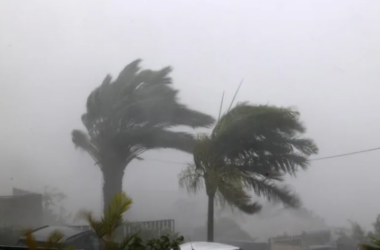In an effort to garner support for a new coalition government, Spain’s incumbent socialist party, along with their partners in the left-wing Sumar alliance, have entered into a comprehensive agreement. This pact outlines a series of proposed measures aimed at enhancing the quality of life for Spanish citizens, including plans to reduce the working week, raise the minimum wage, and extend parental leave provisions.
The political landscape in Spain has seen its fair share of fluctuations, with the conservative People’s Party (PP) narrowly edging out the ruling socialists in the inconclusive general election held in July. However, the PP has since struggled to secure the necessary backing to form a government, creating an opportunity for the acting prime minister, Pedro Sánchez, who has been in office since 2018.
Sánchez now finds himself in a favorable position to assemble a new administration. Nevertheless, a critical hurdle stands before him, as he seeks the support of two Catalan separatist parties. These parties have made their backing contingent on the implementation of a contentious amnesty for all individuals involved in the failed, unilateral, and unauthorized attempt at regional independence, which transpired six years ago.
The clock is ticking for Sánchez and his political allies, who have until November 27 to secure congressional support for the formation of a new government. Should their efforts fall short, Spain faces the prospect of yet another general election in January, marking the country’s sixth such event in just nine years.
The coalition agreement between the socialists and the Sumar alliance is reflective of the ongoing negotiations and maneuvering within Spanish politics. The proposed policies, aimed at addressing issues like working hours, wages, and parental leave, are intended to win the support of both lawmakers and the public. The coming weeks are poised to be crucial in determining the path forward for Spain’s political landscape and the formation of a new government that will navigate the country’s complex challenges.








